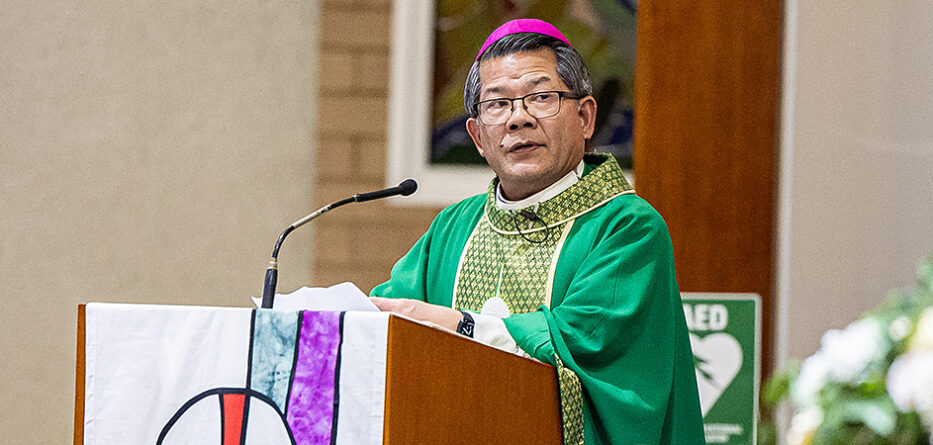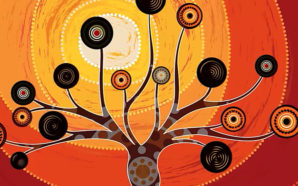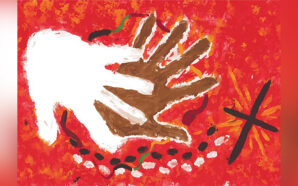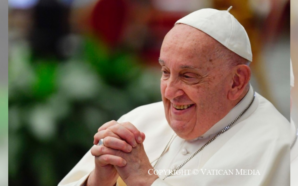Most Reverend Vincent Long Van Nguyen OFM Conv DD STL, Bishop of Parramatta
Homily for the 27th Sunday in Ordinary Time, Year B
Readings: Genesis 2:18-24; Hebrews 2:9-11; Mark 10:2-16
Given at Our Lady of the Angels Parish, Rouse Hill for the blessing of the new chapel and relics of St Therese of Lisieux, St Anthony of Padua, St Padre Pio and Blessed Carlo Acutis.
Witnesses to the ideal of Christian love in a polarised and violent world.
Dear brothers and sisters,
During the week, in preparation for the final assembly of the synod in Rome, Pope Francis led a penitential service asking forgiveness for a new list of sins, including sins against God’s creation, indigenous peoples and migrants or asylum seekers. Then the assembled participants also asked forgiveness for sins against women, the family, and young people. At one point, forgiveness was even asked specifically for the ordained, for not having recognised and defended the dignity of women, and even for exploiting them in the condition of consecrated life.
Pope Francis is intent on steering the Barque of Peter away from the old way of being Church which is steeped in a culture of clerical power, dominance and privilege. Indeed, he has inverted the pyramid model with its penchant for ostentation, pomp and circumstance. In his teachings and symbolic gestures as shown during his recent trip to Oceania, he has challenged us to embrace the Church of simplicity, humility and closeness with the forgotten. As a living embodiment of the Gospel, we endeavour to be the compassionate face of God for the poor and afflicted. It is a kind of Church that through our own synodal process, we have decisively embraced here in Parramatta.
The Word of God this Sunday is a summons to follow the pattern of self-emptying way of Jesus. We are called to be a beacon of light for the world not by domination and superiority but embodying the dynamic presence, power and energy of the God of relational transformation.
The book of Genesis tells us that we are created to be in relationship and to reflect the deep communion of the Creator. At the very dawn of creation, this Creator God declares “It is not good that the man should be alone”. Adam was incomplete by himself. He longed for wholeness and that longing could only be fulfilled when he was in relationship, first with fellow creatures, then with his helpmate and through them with the Creator himself. When he was given Eve, he exclaimed in delight “This at last is bone from my bones and flesh from my flesh”. He was made more wholesome and complete by the company of another.
In the Second Reading, we look at Jesus reaching out to belong and to give himself in love. To love is to open ourselves to suffering. Jesus himself, we are told, was made perfect through suffering. There is a lot of suffering in whatever form of love and service that we are committed to. None of us grows to maturity by running away from the reality of our lives, and this includes the pain. Like the stone of the fruit must break, that its heart may stand in the sun, so must our love know pain and suffering. In this way, we imitate God’s love which is revealed through the cross.
Today’s Gospel deals with something that can be even more painful than death: when one has given one’s heart to another in love and in trust and the other person does not honour the commitment and breaks the trust. As well as the dangers of tragedy or death, we have to face the possibility and the pain of relationships failing or turning sour. Love is beautiful, but it is also delicate, and it can be fragile. The rending of a love relationship can leave us shattered in such a way that healing seems impossible.
Jesus is asked his opinion on the topic of divorce which often disadvantages women and leaves them completely vulnerable. He challenges the men of his time to focus on God’s design for marriage as a relationship based on love, respect and reciprocity. It is a way of life in which men and women can grow, through unselfish commitment, to become humble and grace-filled adults.
Wherever we find ourselves in our relationships, let us remember the good news that God is love, and that all God’s grace is now being offered us to find the truth that will set us free. Everyone in this church, whatever our past history, is capable now of loving and receiving love. Knowing that we are not meant to be alone, let us take whatever small steps in order to build and nurture the bonds of love.
My dear friends,
This evening, we gather with joy and gratitude to bless a new feature within our beautiful church: the chapel of relics. Fr Carlos has worked hard to obtain the relics of some of our much loved saints: Therese of Lisieux, Anthony of Padua, Padre Pio and Carlo Acutis. The relic is not the object of our worship. Rather, they are signs to us of the closeness of the saints. They are above all models of Christian life and by their intercession, we endeavour to follow the footsteps of Christ more closely. By honouring them, let us be inspired to embrace the pattern of self-sacrifice, mutual love and service to the least of our brothers and sisters.
Pope Francis has consistently said that the Church is not a museum for saints but a hospital which heals the wounded, strengthens the weak and lifts up the lowly. Let us build a community where relationships are nurtured, lives are transformed and everyone is encouraged to live the Gospel fully. Let the power of the Crucified energise us to witness to the ideal of Christian love in a polarised and violent world.








